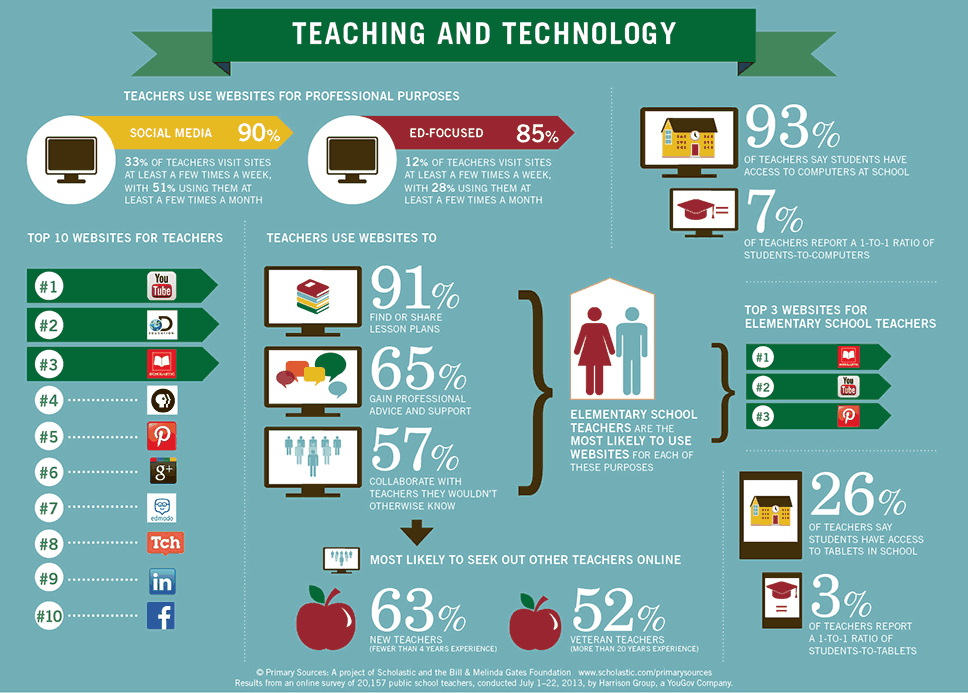"Class! I've taught this content 7 times, and every time I've learned from it and made adjustments to my teaching. Never before have I been more capable, never before more confident in my ability to teach you than today! And that is why today I am not going to teach you! Today is YOUR day! Today YOU will teach YOURSELVES!"
The moans and groans from my students put a smile on my face. They know me and they trust me. From their tone I sense their sarcasm. From mine they sense my own.
I click open the first slide of my Google Slide document and don't say a word. I look at my students. My students look at me. And then they look at the slide; and then at each other; and then back at me.
And that's when all my excitement is dreadfully replaced by fear. Oh no! I think. They don't get it. This isn't going to work.
Cheerfully, I encourage my students. I fake it. I pretend not to be discouraged. "What on earth is this?! Why would Mr Bailey put this slide up on the screen?!"
I hear crickets. Total student silence. And then one or two quiet voices. They're whispering to each other. And then a few more. And finally some clicking of their keyboards. A Google Search! This was going to work! My students were buying into the activity. And I became more energized once again.
I never intended this activity to be a paid day off -- me sitting at my desk checking sports scores or reading headlines. I never intended to disengage and tell my students to just go have it. Throughout the whole activity, like in any other day, I circled my classroom listening to student discussion, watching student inquiry, and awaiting student questions.
"What's a demand schedule?" one group of students asked me.
"Have you asked Siri?" I responded.
The students laughed.
My observations: I was right. My students were more engaged. And I think they did learn things they're more likely to remember. I'm certain it took longer than if I had stood in front of the class providing direct instruction. But who's to say how many of my students would have really followed along and understood my lecture?
Of course there were students who struggled more than others, just as I would expect during lecture. But during this activity, I was there with them. And when the struggle became too much or too long, I was there to offer them a hint to keep them going -- perhaps an idea or two from direct instruction to set them back on course before sending them back on their way.
From my students: "Yes, that was fun!" was an overwhelming response. "But not everyday! OK, Mr Bailey?"
This certainly isn't something to be done daily. But of course, what lesson plan is?




